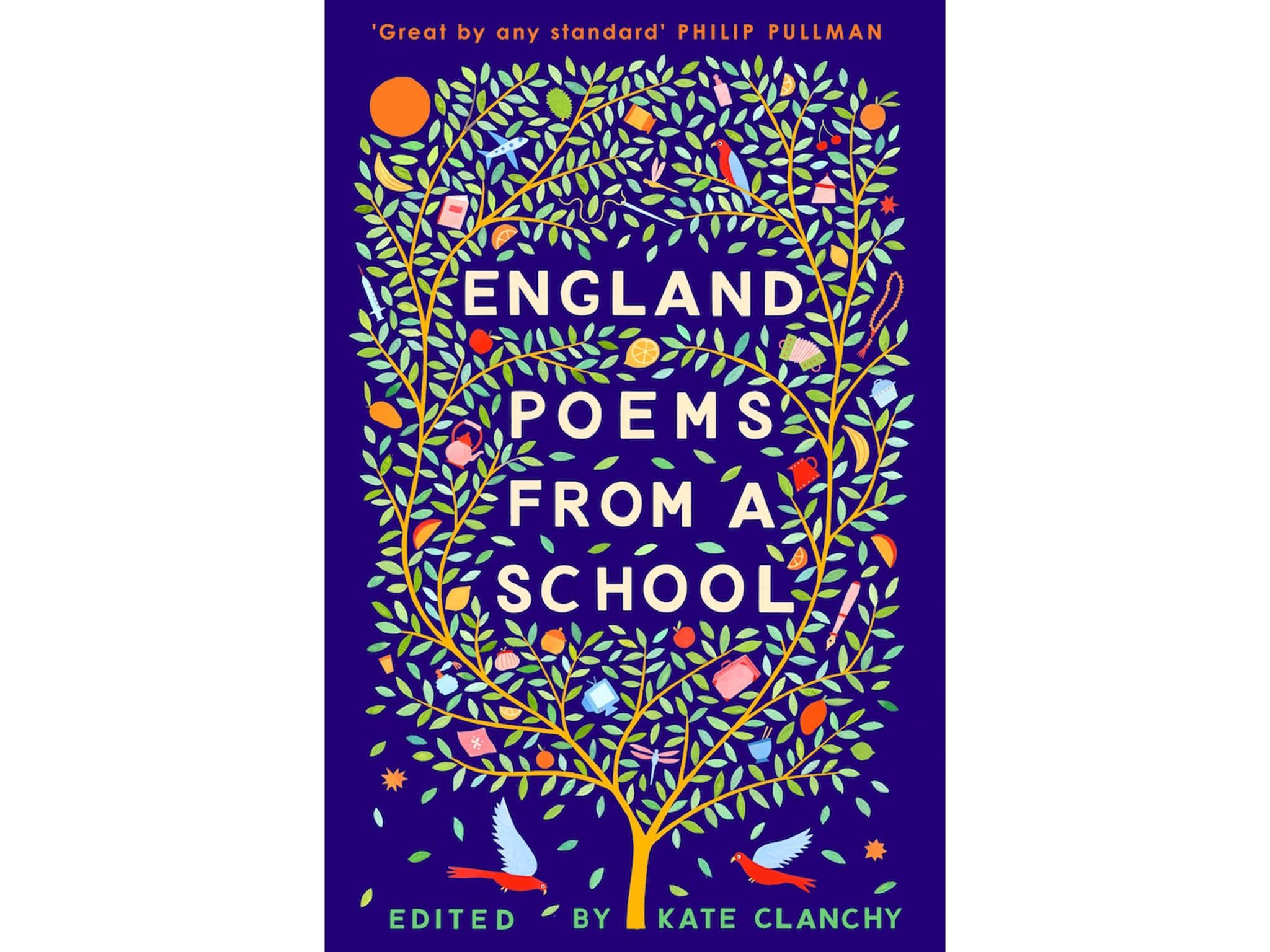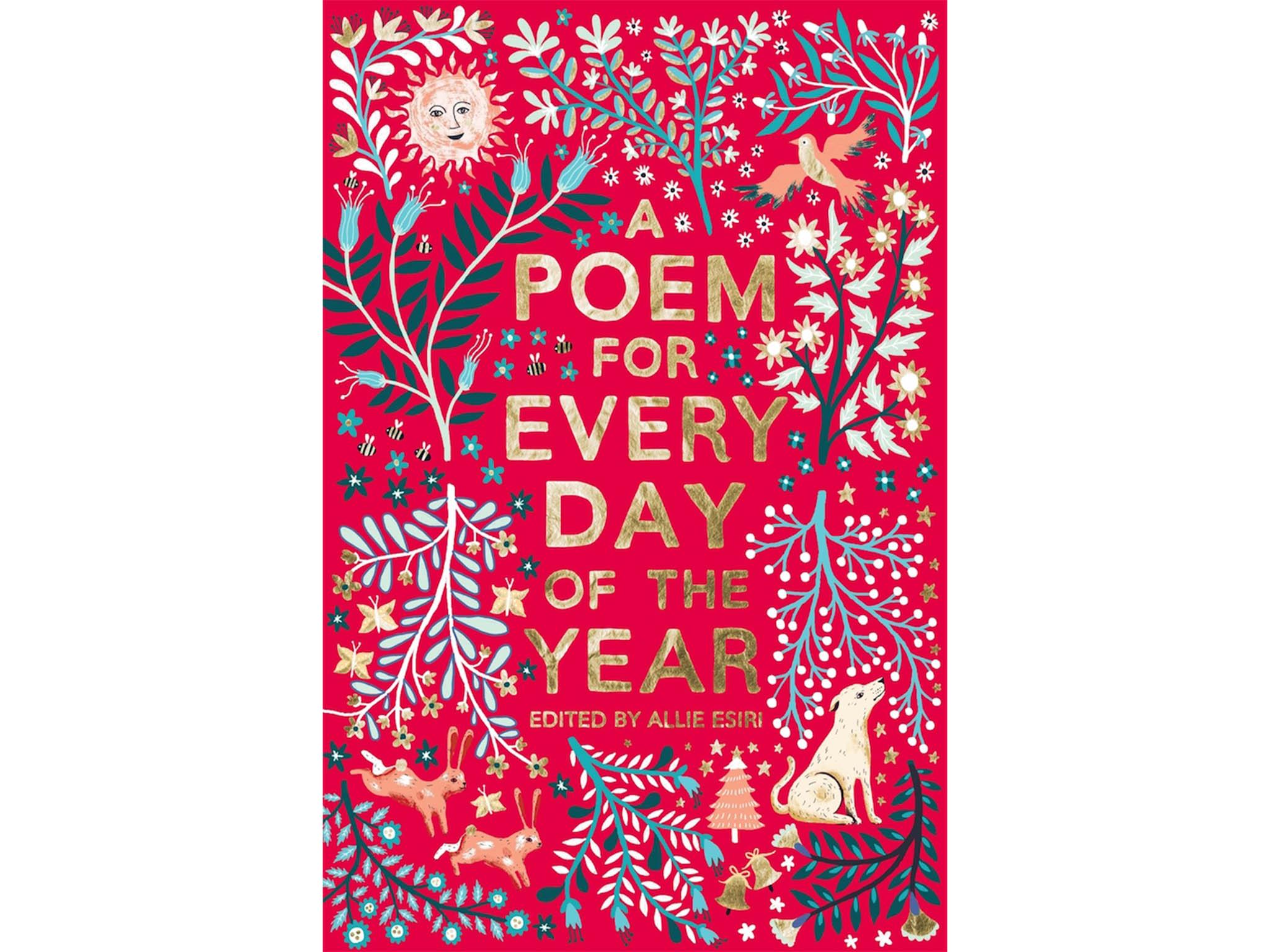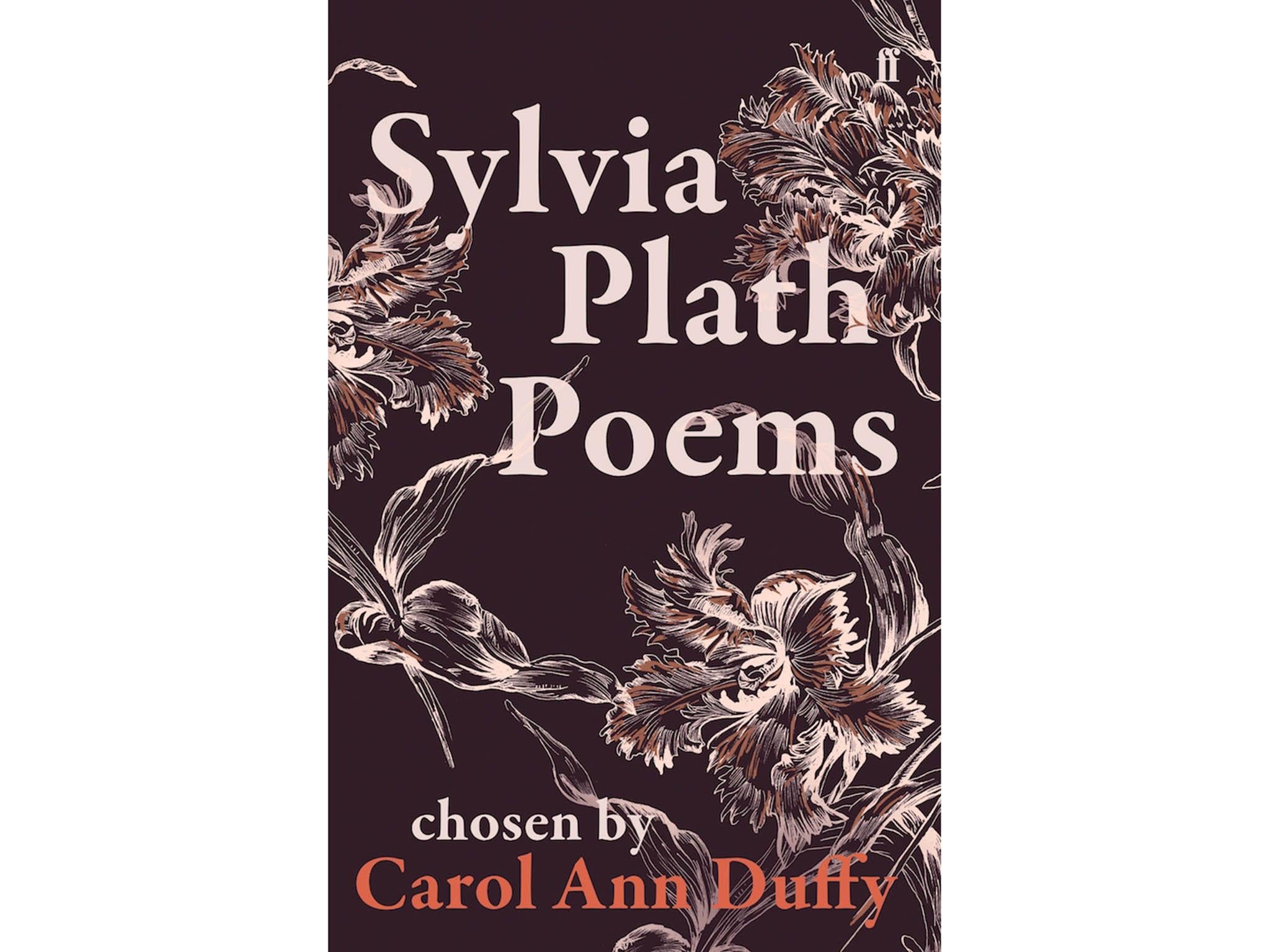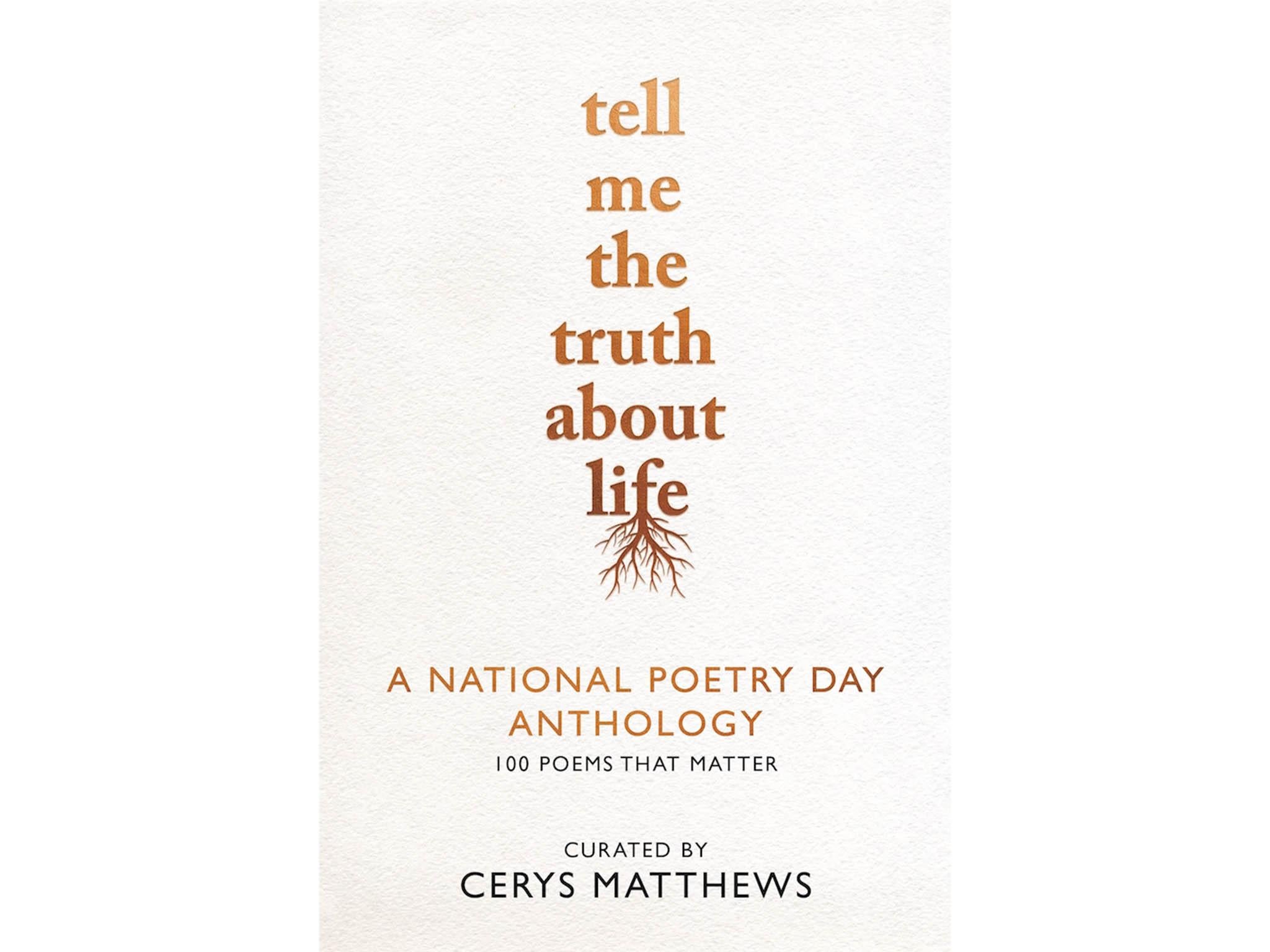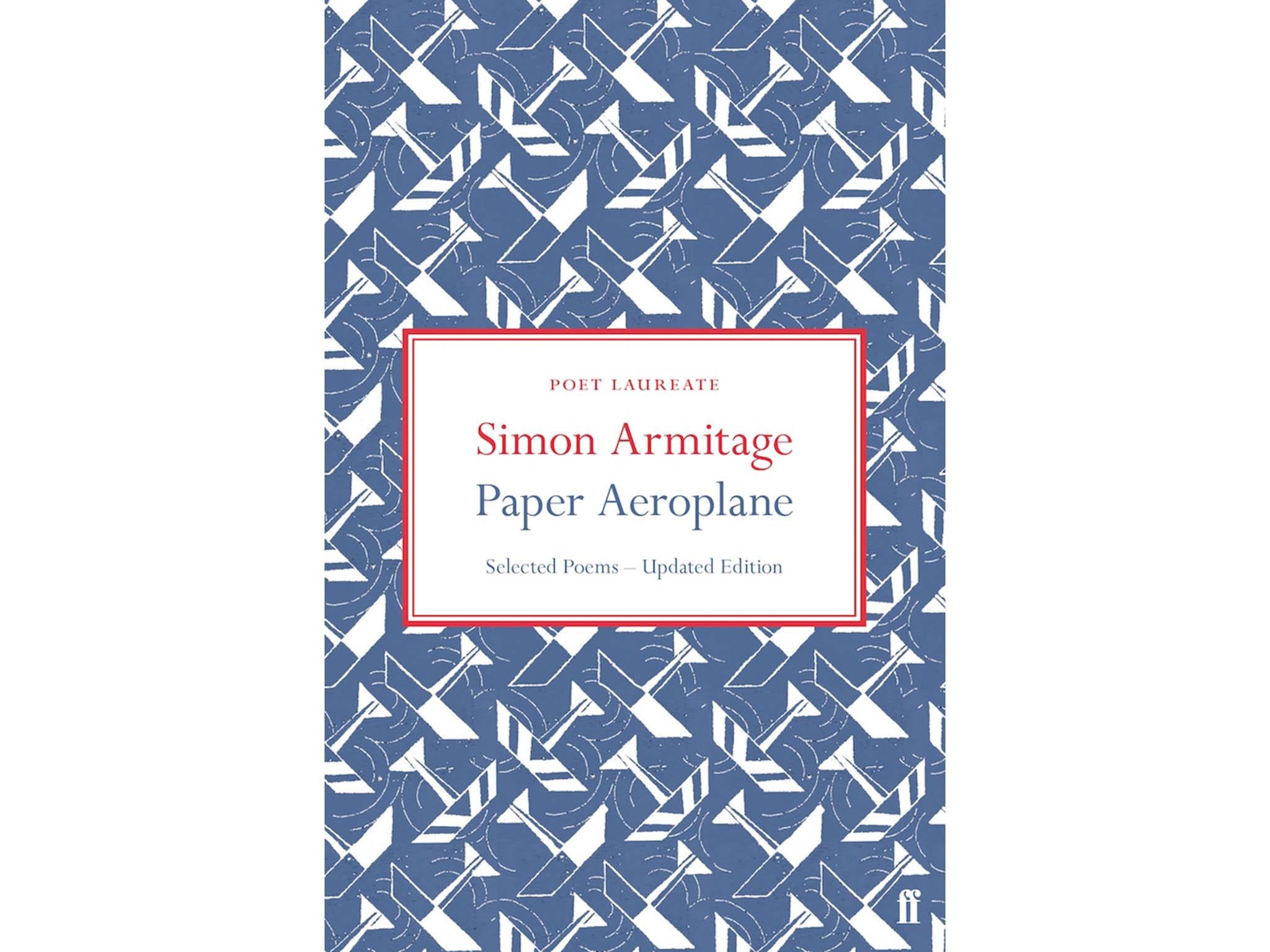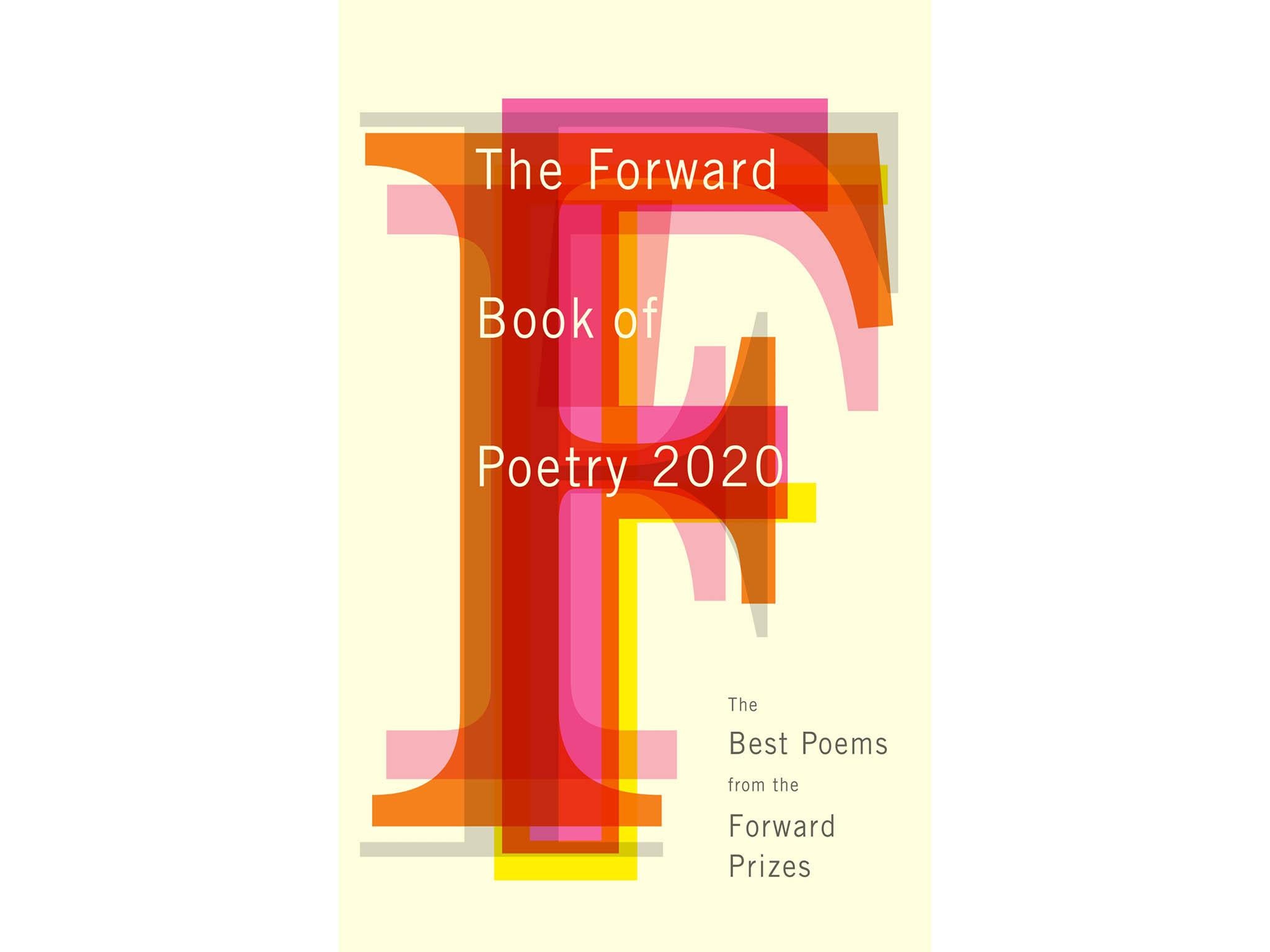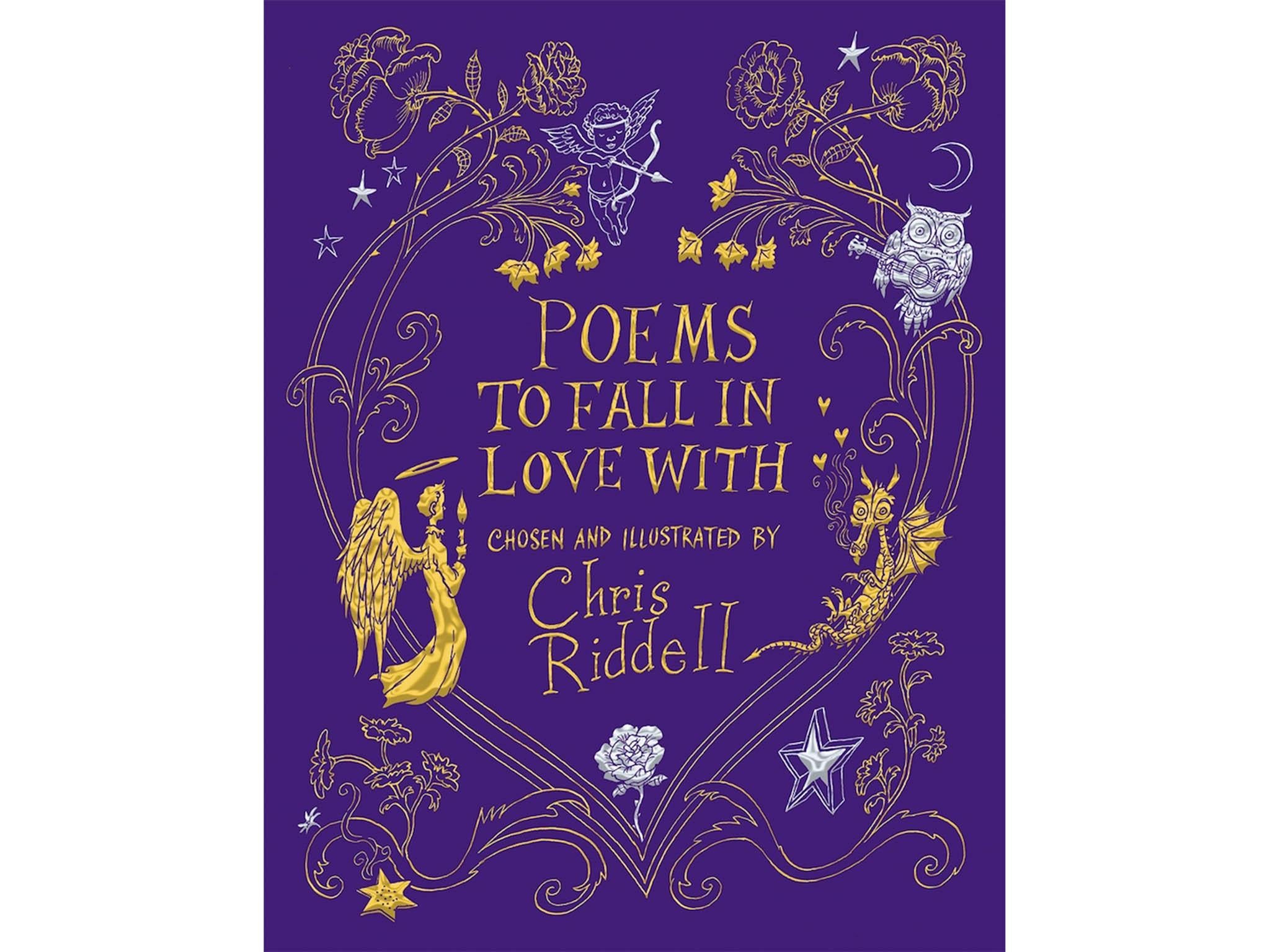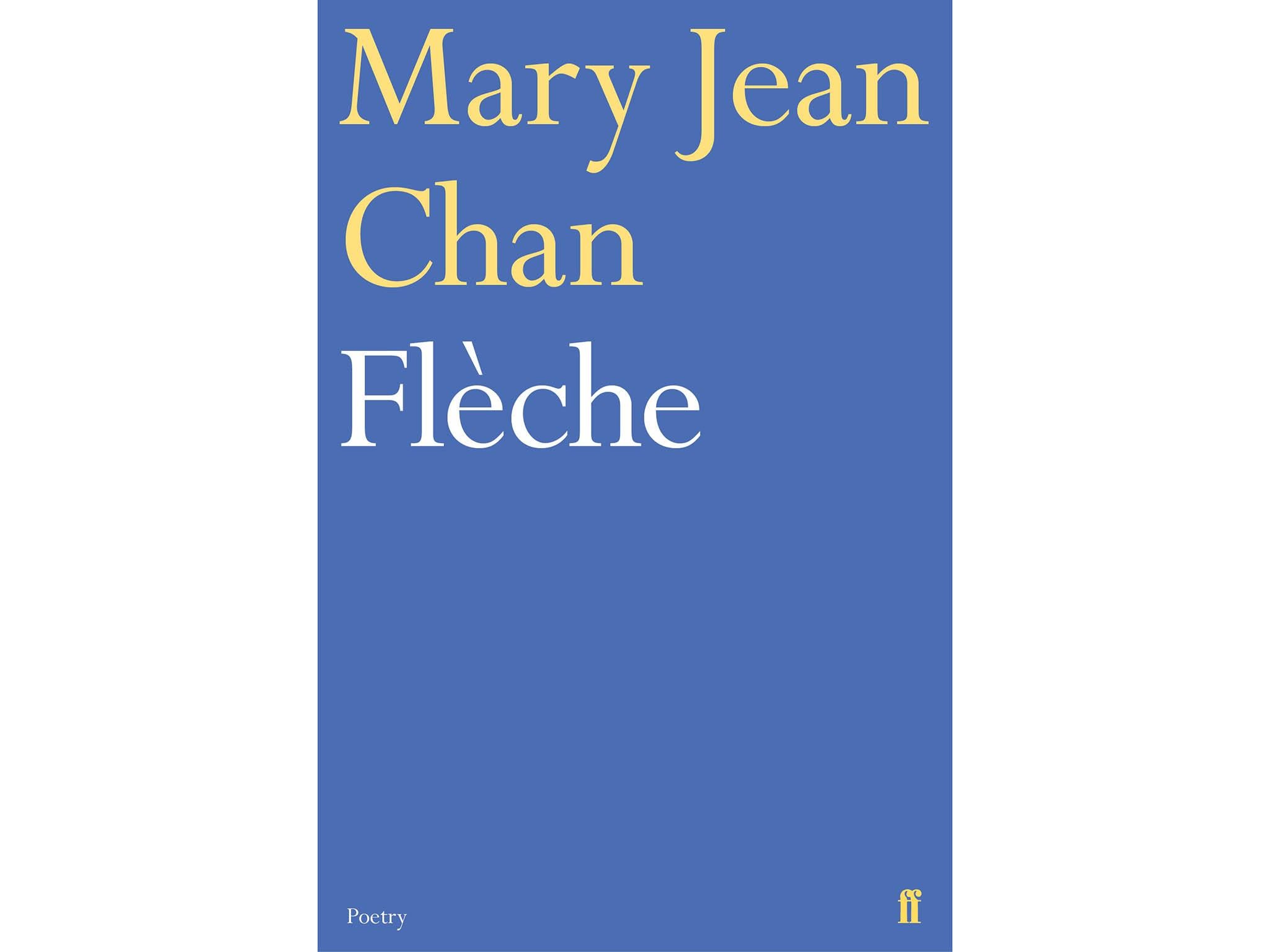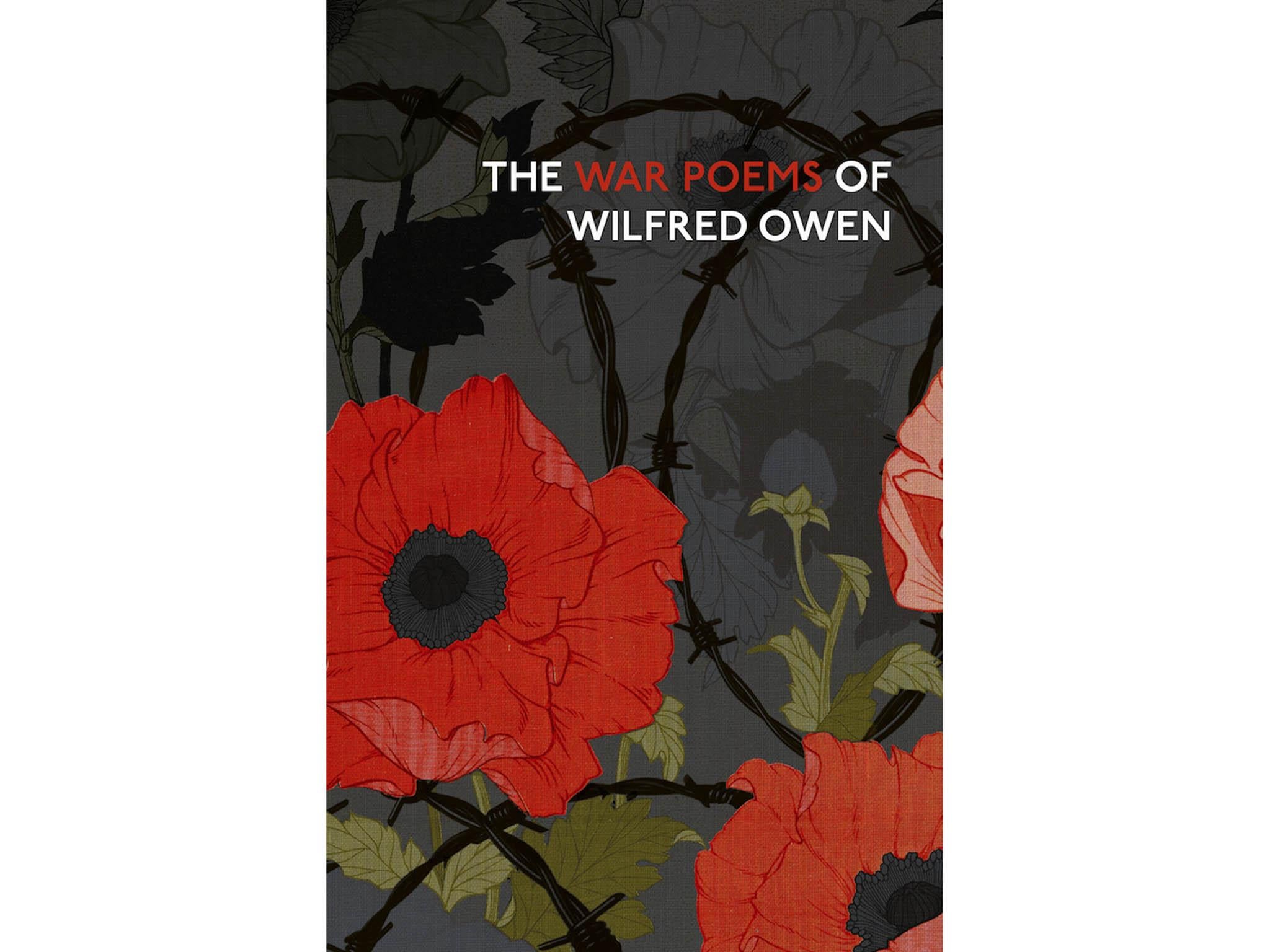What is Poetry
Poetry (ancient Greek: ποιεω (poieo) = I create) is an art form in which human language is used for its aesthetic qualities in addition to, or instead of, its notional and semantic content. It consists largely of oral or literary works in which language is used in a manner that is felt by its user and audience to differ from ordinary prose.
It may use condensed or compressed form to convey emotion or ideas to the reader's or listener's mind or ear; it may also use devices such as assonance and repetition to achieve musical or incantatory effects. Poems frequently rely for their effect on imagery, word association, and the musical qualities of the language used. The interactive layering of all these effects to generate meaning is what marks poetry.
Because of its nature of emphasising linguistic form rather than using language purely for its content, poetry is notoriously difficult to translate from one language into another: a possible exception to this might be the Hebrew Psalms, where the beauty is found more in the balance of ideas than in specific vocabulary. In most poetry, it is the connotations and the "baggage" that words carry (the weight of words) that are most important. These shades and nuances of meaning can be difficult to interpret and can cause different readers to "hear" a particular piece of poetry differently. While there are reasonable interpretations, there can never be a definitive interpretation.
‘The Poetry Pharmacy Returns: More Prescriptions for Courage, Healing, and Hope’ by William Sieghart, published by Particular Books
William Sieghart came up with the idea of The Poetry Pharmacy in 2014 when he began prescribing poems to help people cope with problems in their lives. It was so successful that he has produced a second volume – and it’s just as uplifting as the first. Sieghart describes poetry as “a healing force” and says poems have helped him throughout his life. This time round the poems address a plethora of new themes, from choosing a life partner to political apathy. Our favorites included “Walking Away” by Cecil Day-Lewis, prescribed for empty nest syndrome, and “Oh” by Robert Creeley, prescribed for people caring for aging parents. Each poem is accompanied by a short essay by Sieghart.
‘England: Poems from a School’ edited by Kate Clanchy, published by Picador
This extraordinary book comprises poems written by Oxford Spires Academy pupils aged between 11 and 19. Kate Clancy has been writer-in-residence at the school for 11 years and together with the academy’s remarkable English department has helped poetry become its “top sport”, with pupils winning more prizes in poetry competitions than any other school in the UK. All the poets in the book come from “striving migrant families” and their writing about the countries they left behind is profoundly moving. Don’t miss “War Memoir” and “Origins” by the ultra-talented Azfa Awad, who went on to win the prestigious Tower Poetry Prize, studied creative writing at the University of Warwick and is now a poet and performer.
‘A Poem for Every Day of the Year’ edited by Allie Esiri, published by Macmillan Children’s Books
Reading a poem every day is the perfect way to nurture a love for verse – and the beauty of this volume is that it does the choosing for you, often matching the poems to the months and seasons. It ranges from classics like William Wordsworth’s “To My Sister” and Robert Frost’s “The Road Not Taken” to new discoveries like Imtiaz Dharker’s “Crab-Apples” and “The Year” by Ella Wheeler Wilcox. There are even a few song lyrics, including “All You Need is Love” by Lennon and McCartney and “Blowin’ in the Wind” by Bob Dylan. As former actress Esiri says in her introduction: “Poetry can give us strength, make us double up with laughter or marvel at life’s wonders and absurdities.”
‘Sylvia Plath Poems chosen by Carol Ann Duffy’, published by Faber & Faber
Former poet laureate Carol Ann Duffy was only seven when Sylvia Plath died in 1963. Many years later, Duffy was given Plath’s Collected Poems for her 25th birthday and even though she had previously read some of the poet’s individual poems she vividly remembers her “first true – and electrifying – encounter” with Plath’s writing. As Duffy explains in the preface to this dazzling collection: “Plath wrote about gender, motherhood and marriage, of betrayal and suicidal illness, in poems illuminated, like lightning over the moors, by love and fury.” In selecting the poems for this collection, Duffy says she once again experienced the excitement she’d felt when she first read “this bold, brilliant, brave poet” – and we did too.
‘Tell Me the Truth about Life’ curated by Cerys Matthews, published by Michael O’ Mara Books
Cerys Matthews began work on her anthology by inviting the public to nominate poems that “speak truth to them”. The musician and BBC 6 Music presenter was inundated with suggestions from singers, actors, writers, artists, friends and Twitter followers. One of the best things about this accessible collection, which was published to mark National Poetry Day’s 25th anniversary in 2019, is its breadth. Footballer Marvin Sordell, for instance, chose “Take This Pen” by Tony Walsh, the performance poet who captured the spirit of Manchester after the arena bombing of 2017. Walsh’s poem insists that poetry is for everyone – and that everyone can write it. As Sordell says: “We are all artists, with fabulous minds, yet we litter ourselves with self-doubt. This was the poem that pushed me to write more and more.”
West Yorkshire poet Simon Armitage was appointed as the UK’s 21st poet laureate in May last year. Critics have said that his poetry “marries the everyday with the philosophical” and this highly readable collection, originally published in 2014 and updated in 2019, is evidence of that. It spans more than 25 years of writing and includes everything from “Brassneck”, the tale of two thieves who work the crowds at football matches, to a comic poem about a poet hosting his solitary Christmas party, complete with “flashing reindeer antlers” and “Solitaire on the computer”.
‘The Forward Book of Poetry 2020’, published by Faber & Faber
The Forward Prizes are among the most prestigious poetry awards in the country so it’s a treat to have a selection of the best 2019 entries in one volume. Previous winners include eminent names like Seamus Heaney, Ted Hughes, Jo Shapcott and Carol Ann Duffy and the chances are that some of the poets in this anthology will follow in their footsteps. Fiona Benson won last year’s best collection prize for Vertigo & Ghost, which has been described as bring the violence of Greek myths into the #MeToo era”. Two of Benson’s poems feature in The Forward Book of Poetry 2020, including “[personal: speedo]”, which depicts the god Zeus as a serial abuser.
‘Poems to Fall in Love With’ chosen and illustrated by Chris Riddell, published by Macmillan
Former Children’s Laureate Chris Riddell is best known as an illustrator and the author of books like the Goth Girl and Ottoline series. But he’s also a life-long lover of poetry and in this beautiful volume, complete with a dashing purple cover and Riddell’s stunning artwork, he shows how poetry gives meaning to all our lives, from childhood through to old age. This collection is aimed at younger readers but people of all ages will appreciate the beauty of poems like Shelley’s “The Indian Serenade”, Byron’s “She Walks in Beauty” and “La Belle Dame Sans Merci” by Keats, as well as contemporary works by Neil Gaiman, Carol Ann Duffy, Kate Tempest and more.
‘Fleche’ by Mary Jean Chan, published by Faber & Faber
“This is a collection that feels urgent and true, dazzling and devastating by turns.” That was the verdict of the judges of the 2019 Costa Poetry Award on Mary Jean Chan’s Fleche, which has been shortlisted for this year’s Dylan Thomas Prize too. The collection’s title comes from the French word for “arrow” but fleche is also a technique in fencing (in her youth Chan represented her home city of Hong Kong in the sport). Accessible and vibrant, Chan’s poems explore the themes of identity, multilingualism and cultural history, interweaving her mother’s recollections of 20th century turmoil with her own childhood memories.
‘The War Poems of Wilfred Owen’ edited by Jon Stallworthy, published by Vintage
Wilfred Owen, the greatest of all the war poets, was killed in action at the age of 25, just a week before the Armistice in November 1918. He left behind a shattering record of his experience of the First World War, including the devastating “Anthem for Doomed Youth” and “Dulce et Decorum Est”. This edition, edited by the late poet and critic Jon Stallworthy, was published to commemorate the centenary of the end of the First World War and is a must for every poetry lover. It features a timeline of Owen’s life and background notes on the individual poems. As Owen himself wrote in a draft preface for a collection of war poems he hoped to publish in 1919: “All a poet can do today is warn.”


